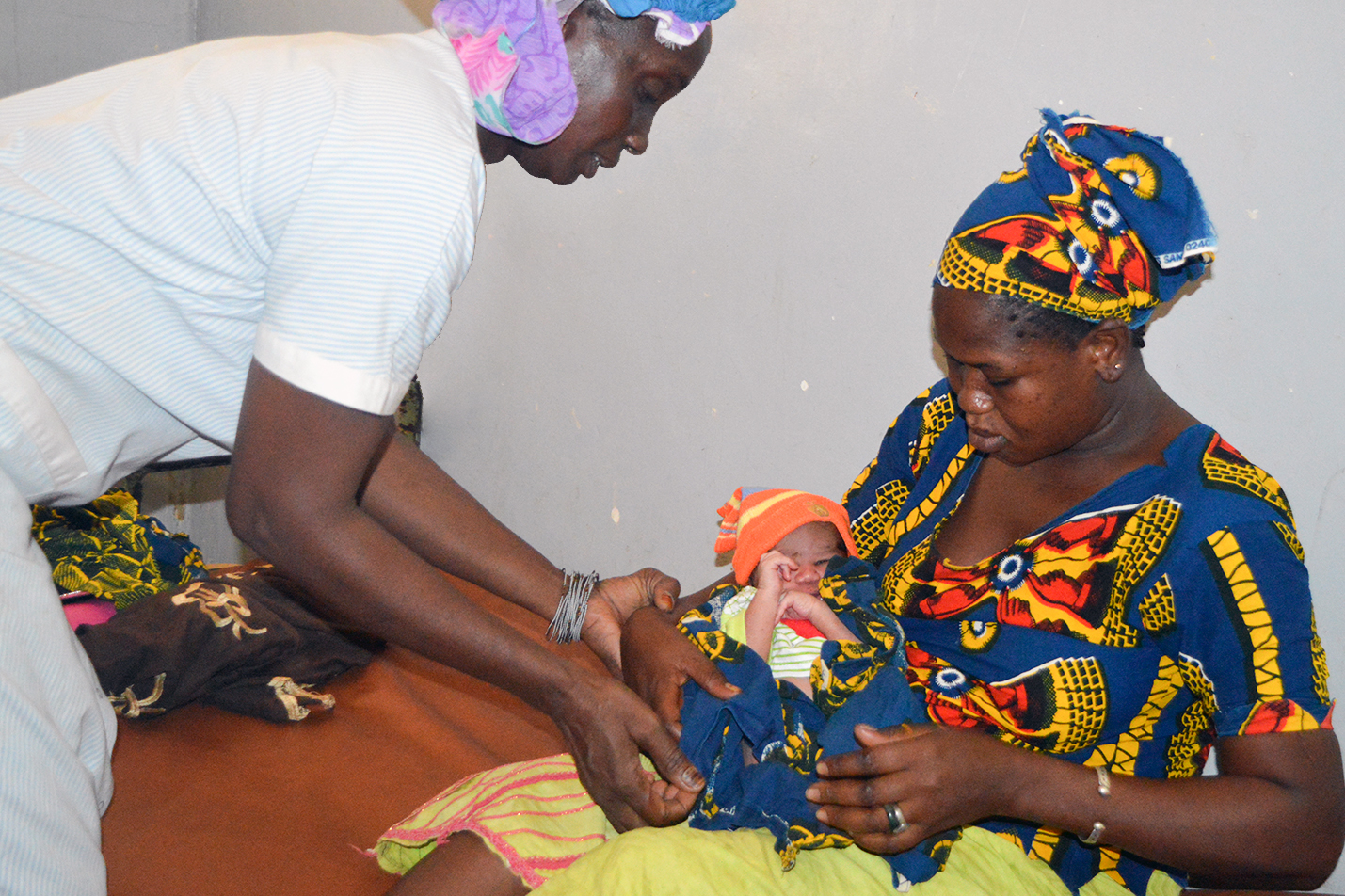Effective Policy and Management for HRH in Mali
Activity
>>Download activity overview (English) and (French)
The Government of Mali is committed to increasing access to high-quality health services at all levels of the health system to its people, including women of reproductive age, newborns, and children under five. Despite improvements to the availability and quality of services to these groups in recent years, significant human resources for health (HRH) challenges hinder achievement of the country’s health goals. In addition to a shortage of health workers — 5.2 workers for 10,000 people compared with the World Health Organization’s recommended 23 — the country also lacks sufficient resources to build the skills of current health workers and faces challenges related to health worker distribution and retention, particularly in remote areas. To solve these challenges and improve health outcomes, decision-makers need well defined, data-driven processes, policies, and procedures to effectively manage the country’s heath workforce.
HRH2030 in Mali
HRH2030, in partnership with Mali’s Ministry of Health and Social Development, strengthens the regulatory environment for HRH management; builds leadership’s capacity to put HRH policy into action and manage the health workforce; and continues successful work in quality improvement for the delivery of maternal, newborn, and child health services.
The primary objectives of HRH2030 in Mali are to:
- Improve the effectiveness of maternal, newborn, and child health; family planning; and nutrition services by improving provider performance at all levels of the health system.
- Promote transparency in HRH decisions and improve HRH management capacity at national and subnational levels.
- Improve the use of HRH data for HRH decision-making and domestic resource mobilization for training and management of the health workforce.
RELATED NEWS AND RESOURCES

Funding Partner:
USAID/Mali
.
Project Director:
Houleymata Diarra
.
Implementing Partners:
Chemonics
URC
.
Duration:
2018-2020
.
Countries Impacted:
Mali
.
Status:
Complete









